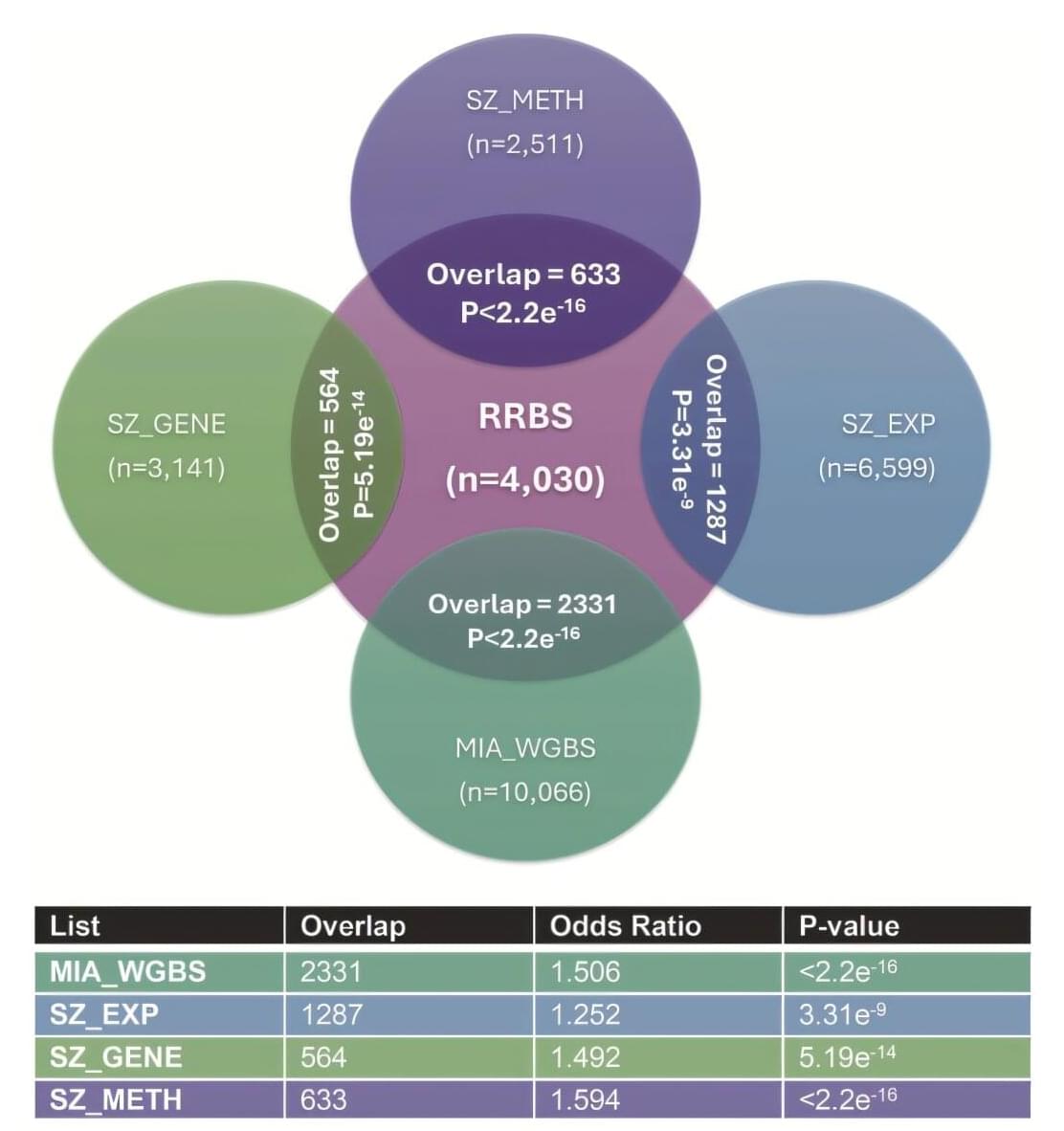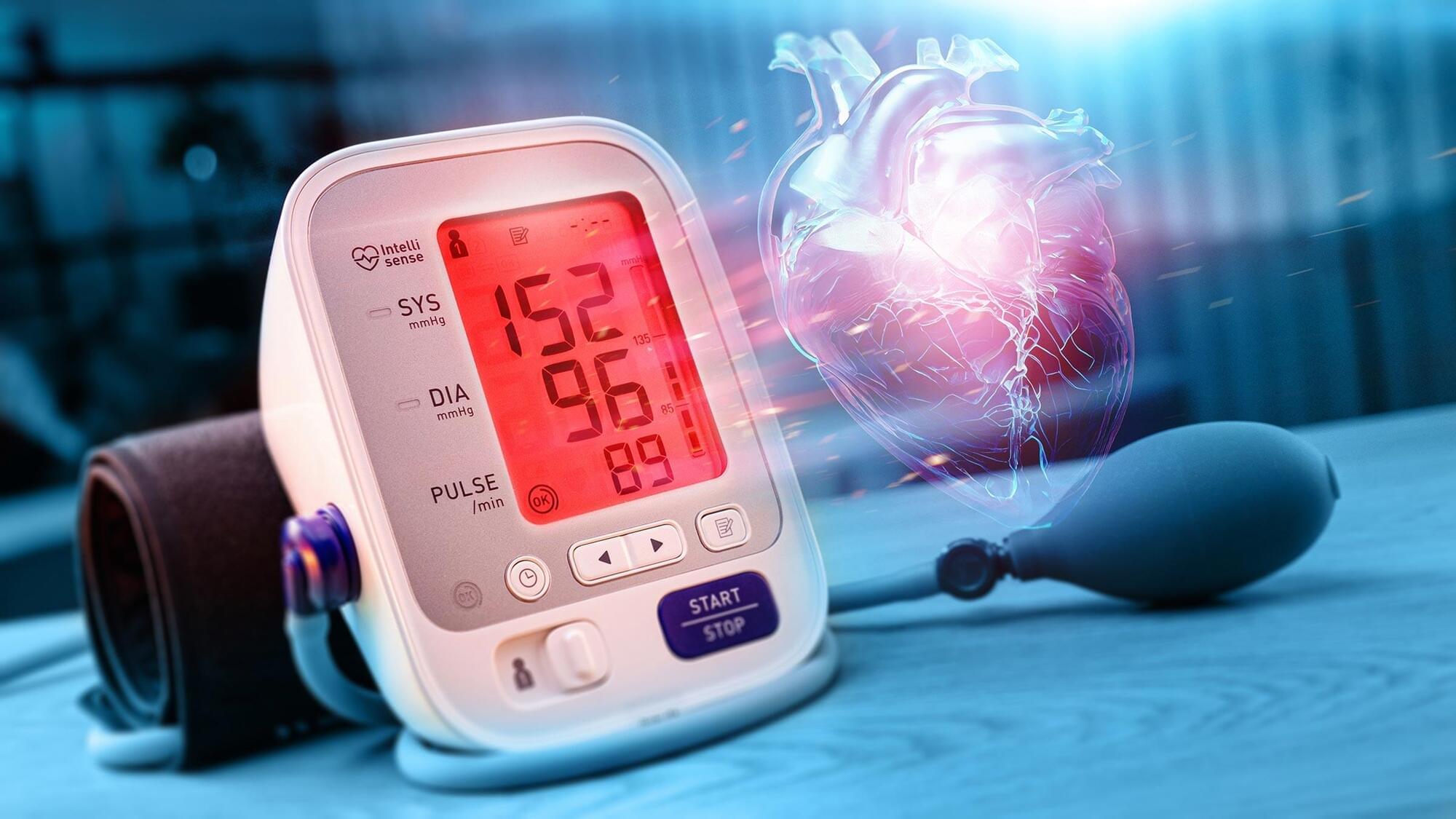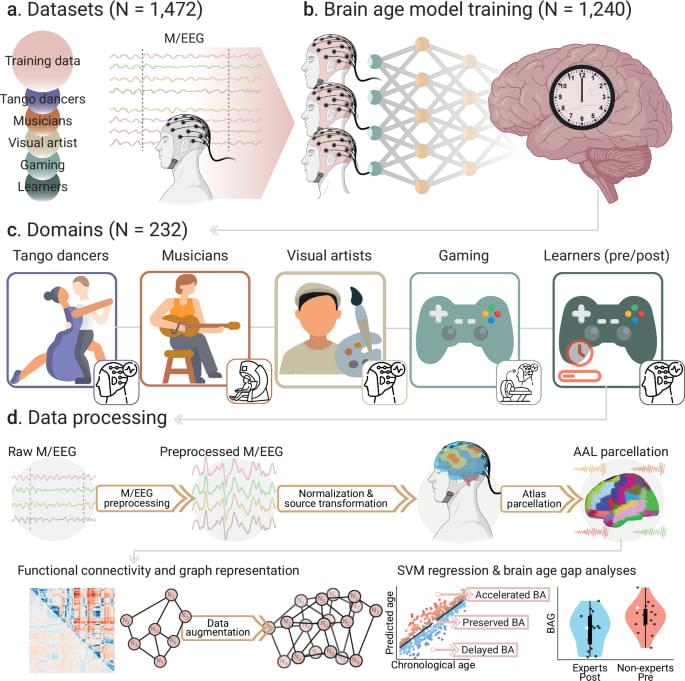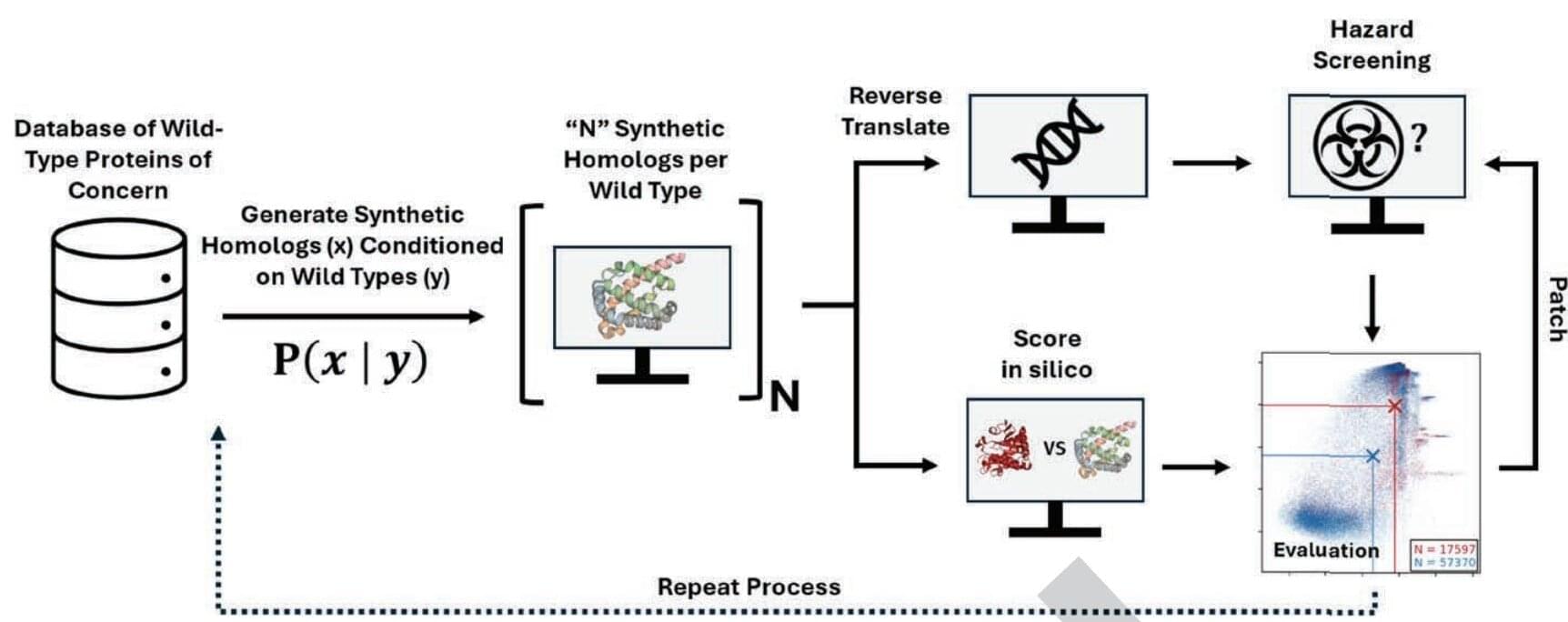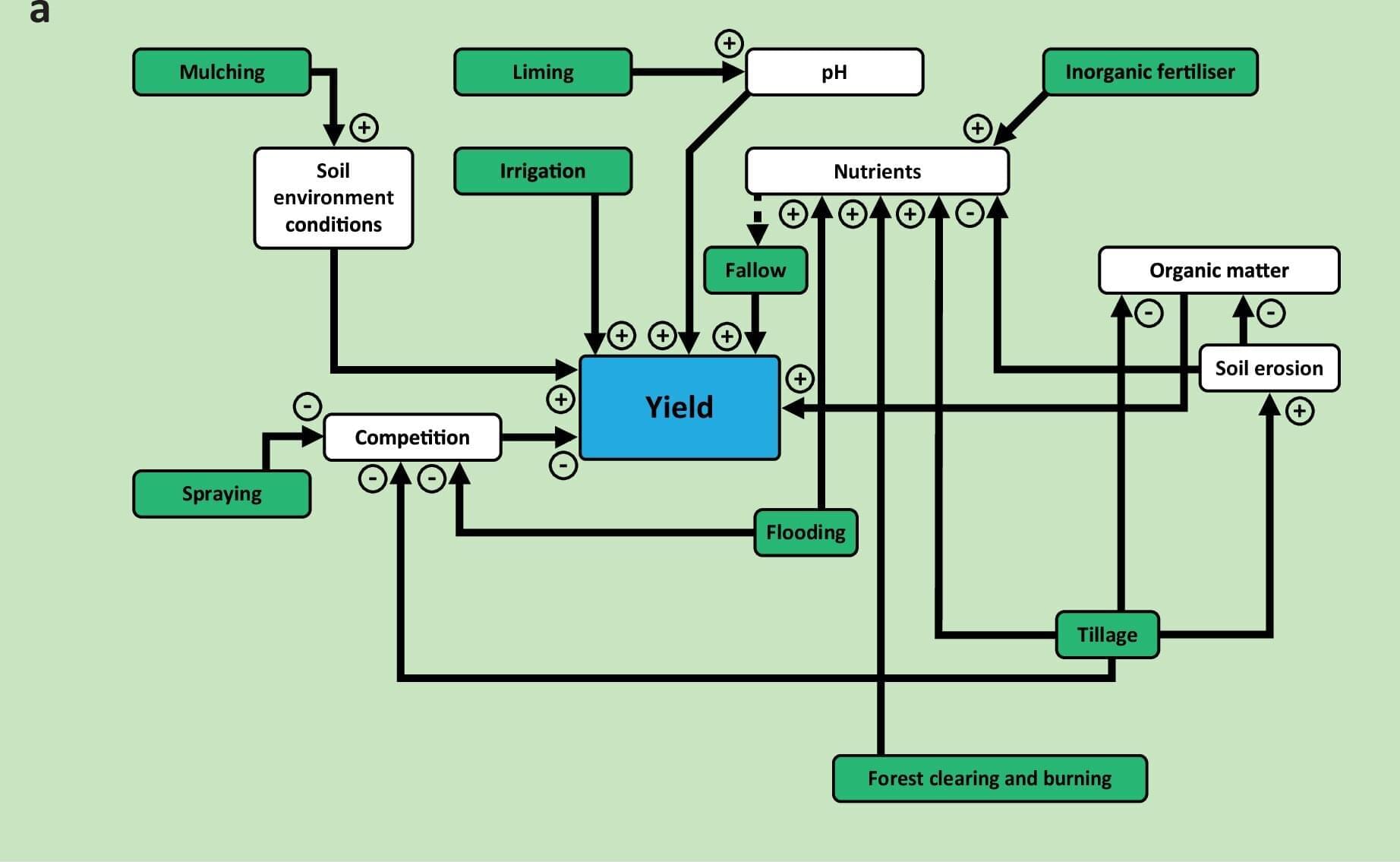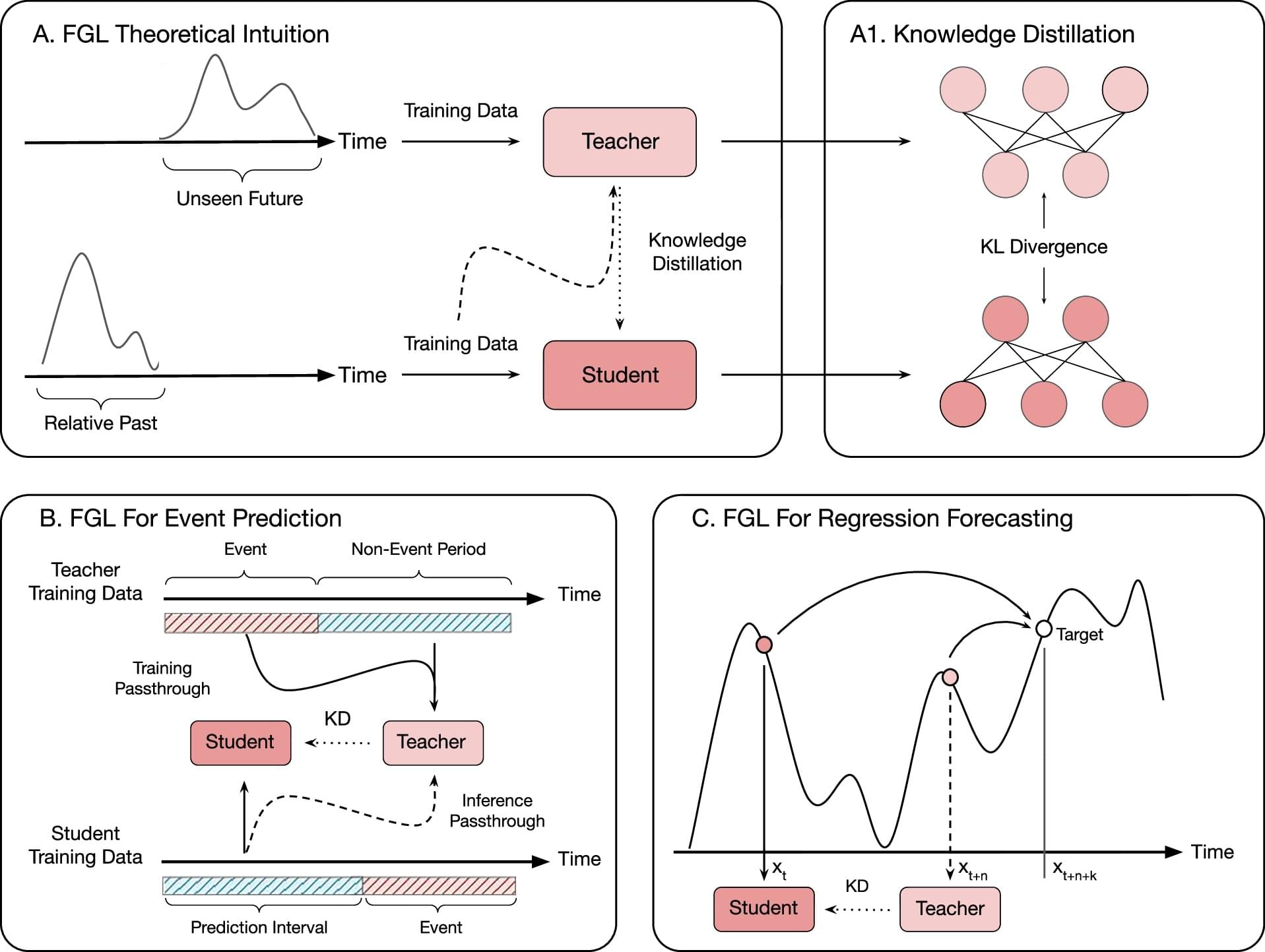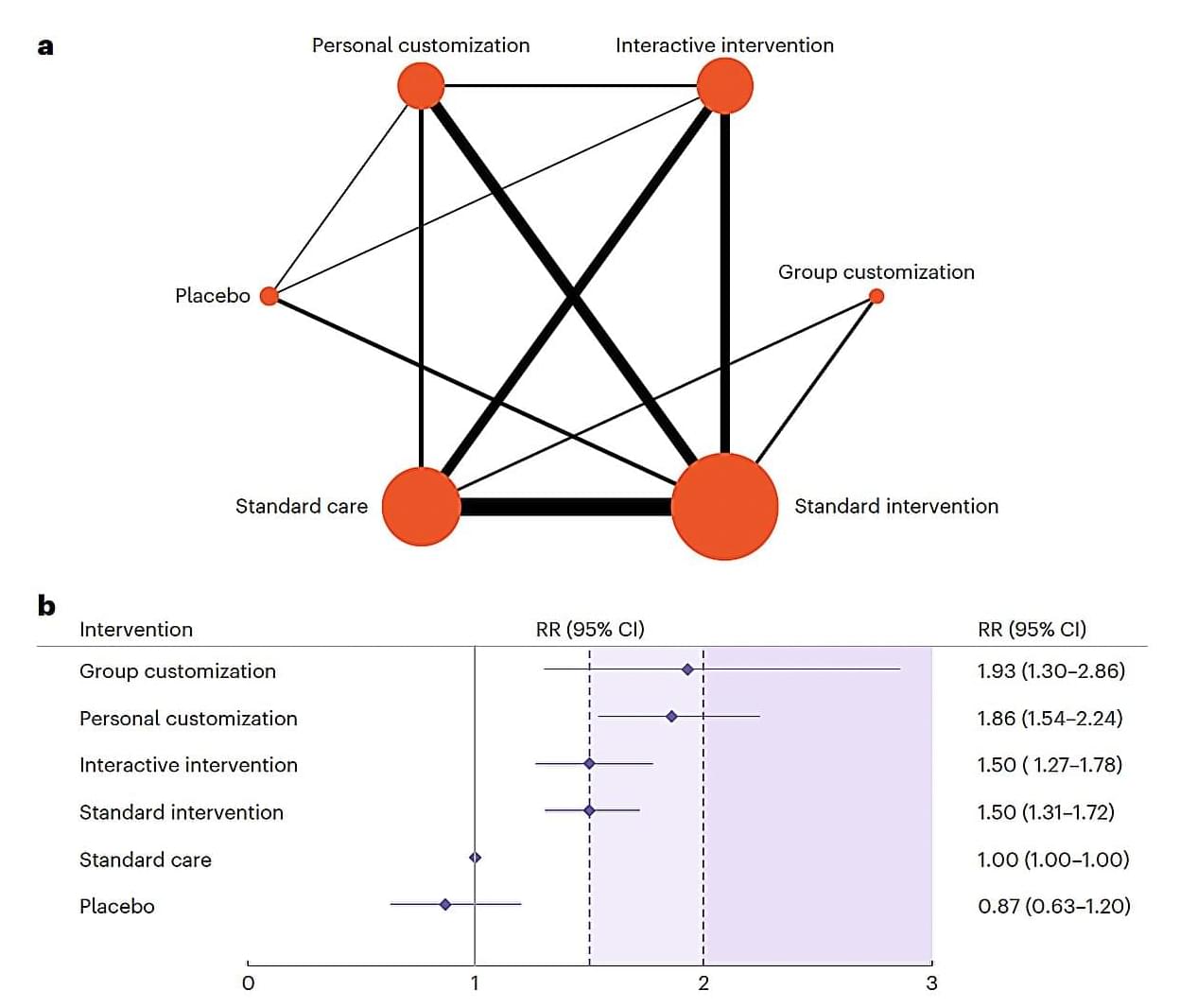The health of mothers during pregnancy has long been known to play a role in the lifelong mental and physical health of offspring. Recent studies have found that contracting an infection during pregnancy can increase the risk that offspring will develop some neurodevelopmental disorders, conditions that are associated with the atypical maturation of some parts of the brain.
An infection is an invasion of pathogens, such as bacteria, viruses, fungi or parasites, which can then multiply and colonize host tissues. Findings suggest that when an expecting mother contracts an infection, her immune system can respond to it in ways that could impact the development of the fetus.
Researchers at University of Manchester and Manchester Metropolitan University recently carried out a study aimed at further investigating the processes through which maternal infections during pregnancy could increase the risk that offspring will develop schizophrenia later in life. Schizophrenia is a typically debilitating mental health condition characterized by hallucinations, false beliefs about oneself or the world (e.g., delusions) and cognitive impairments.
